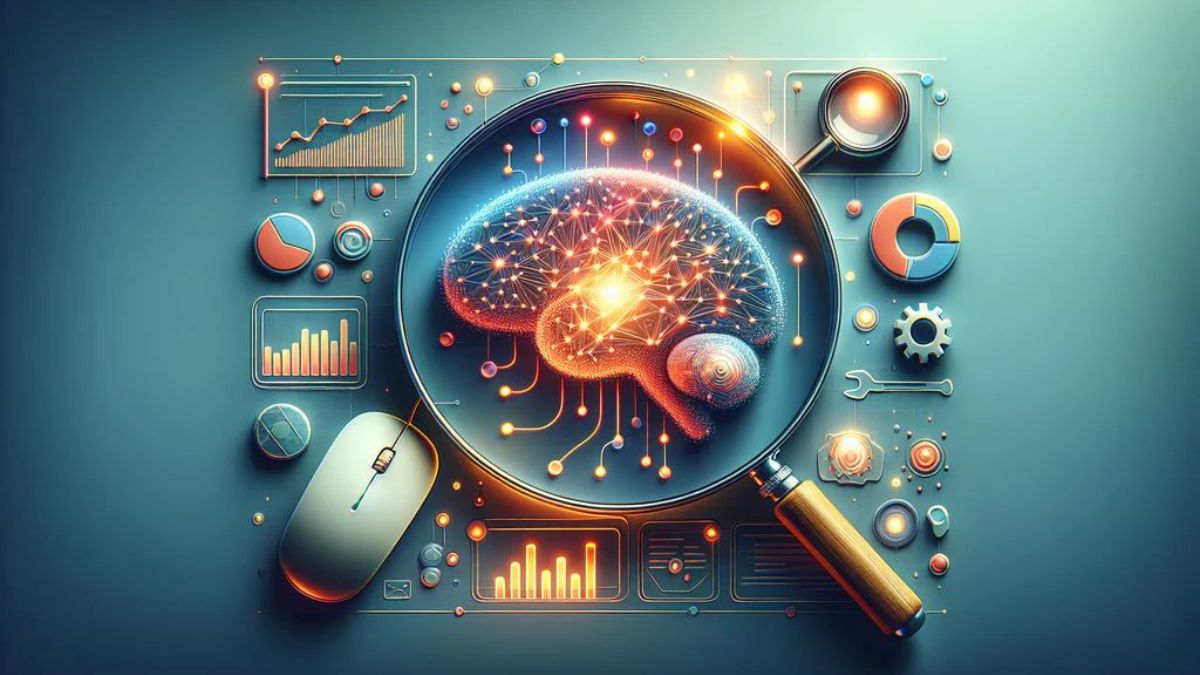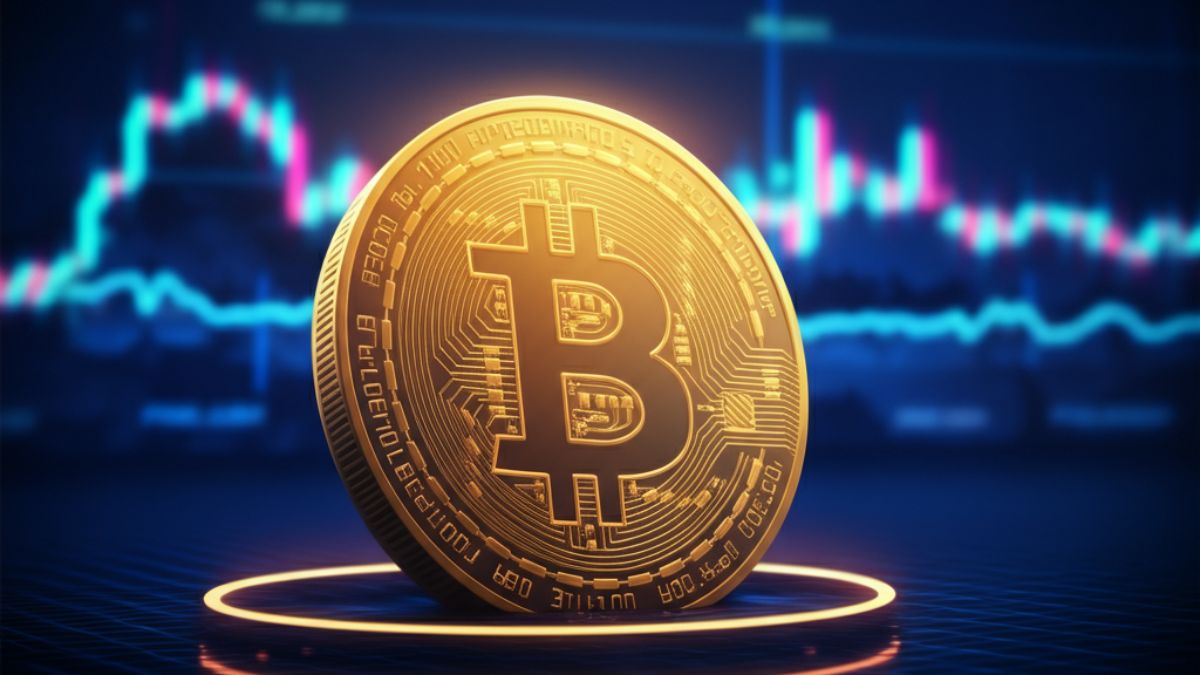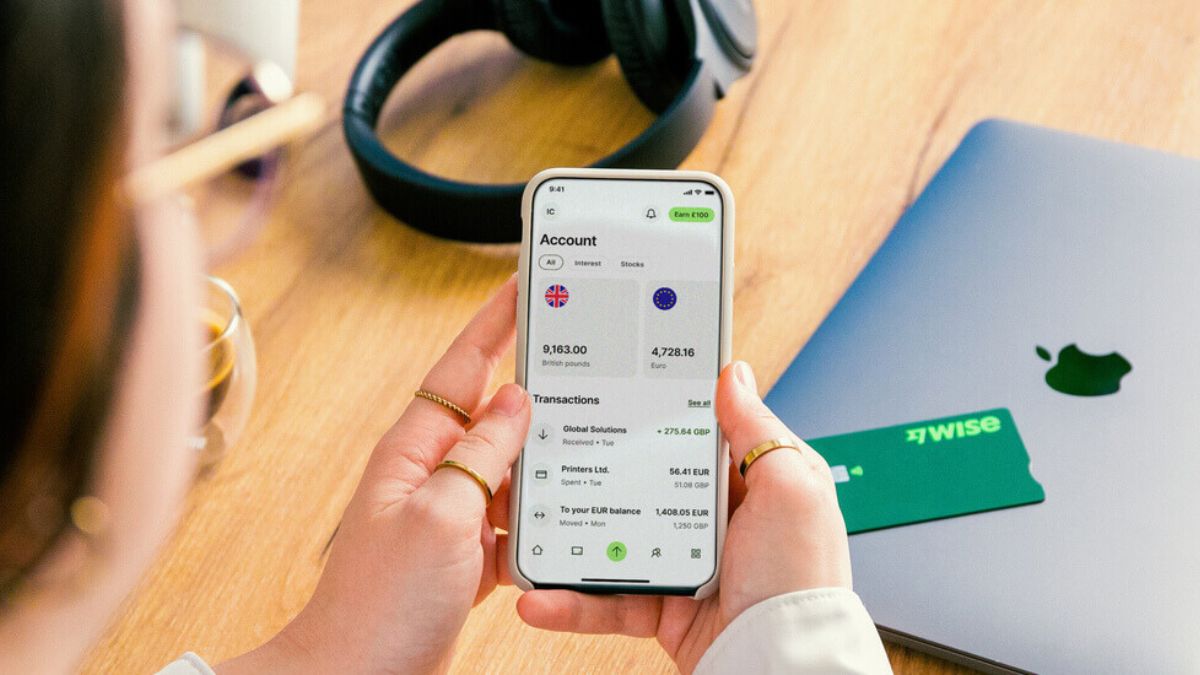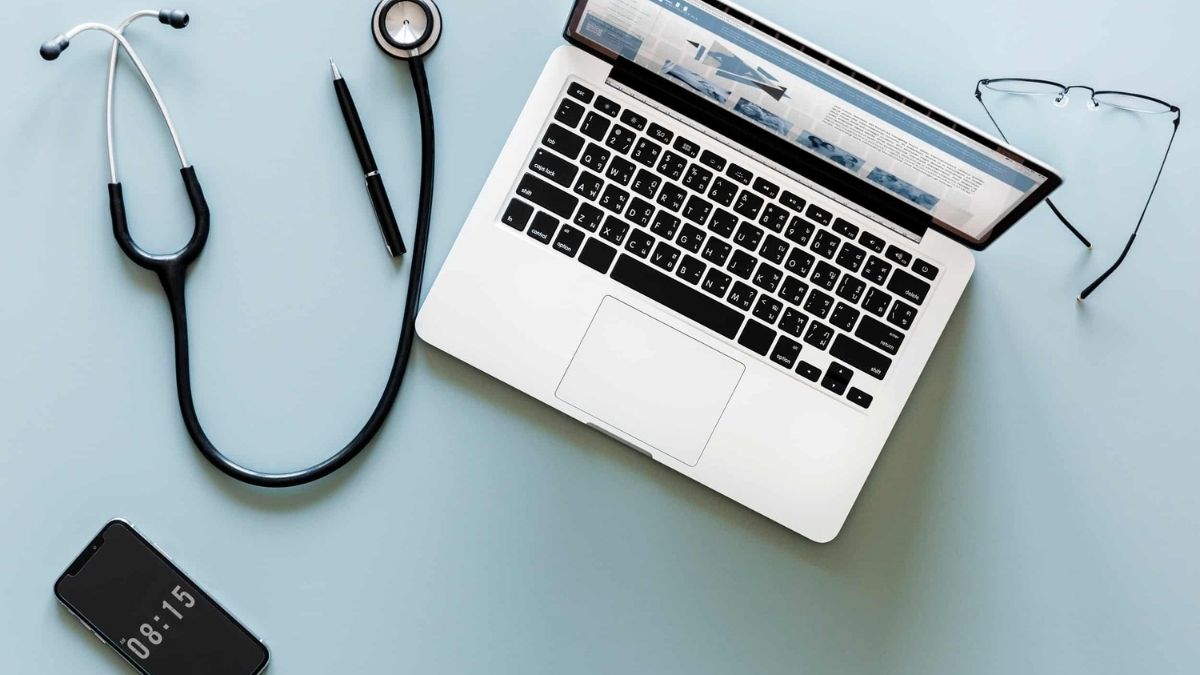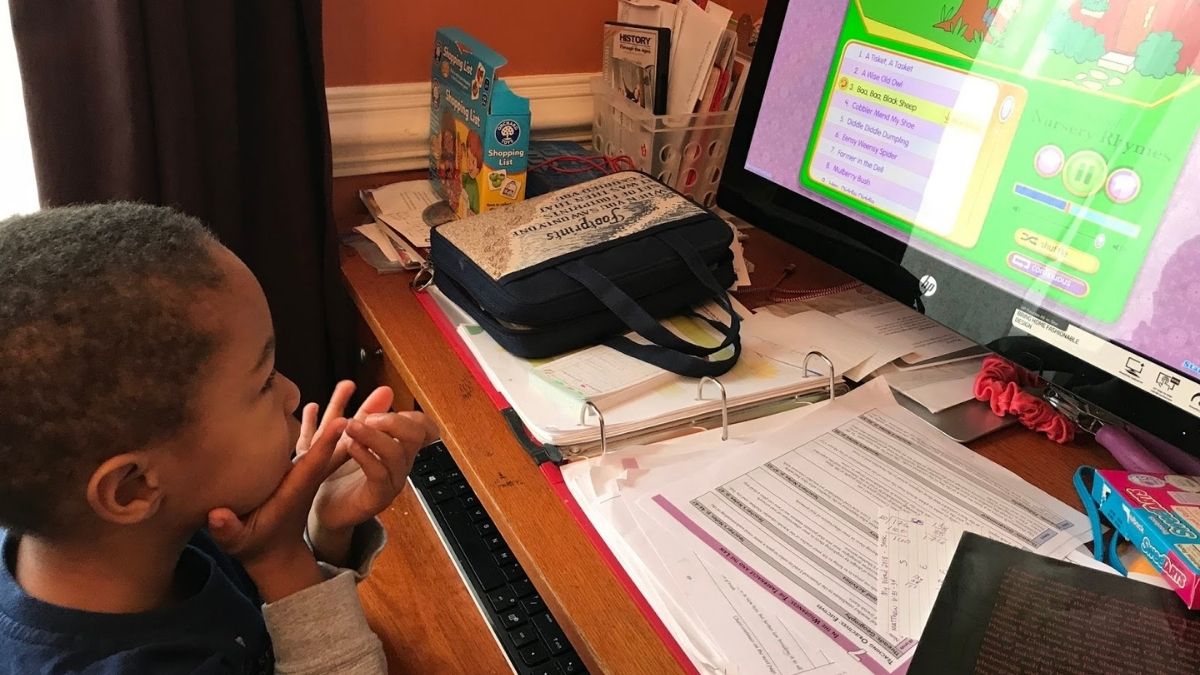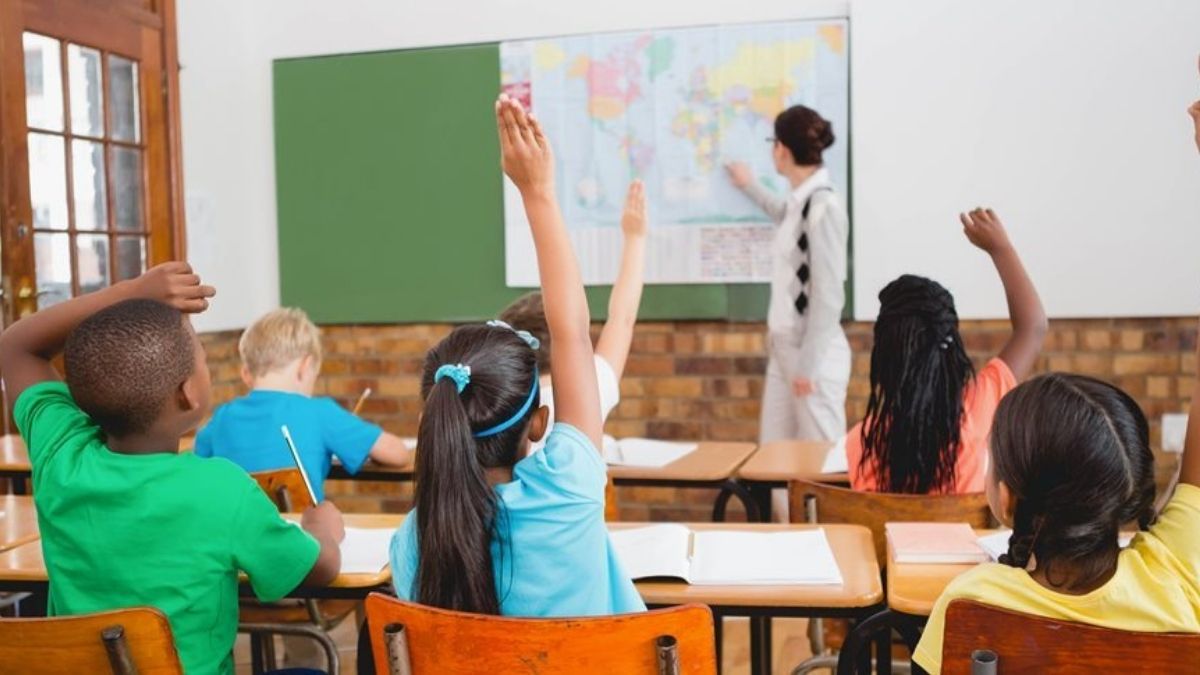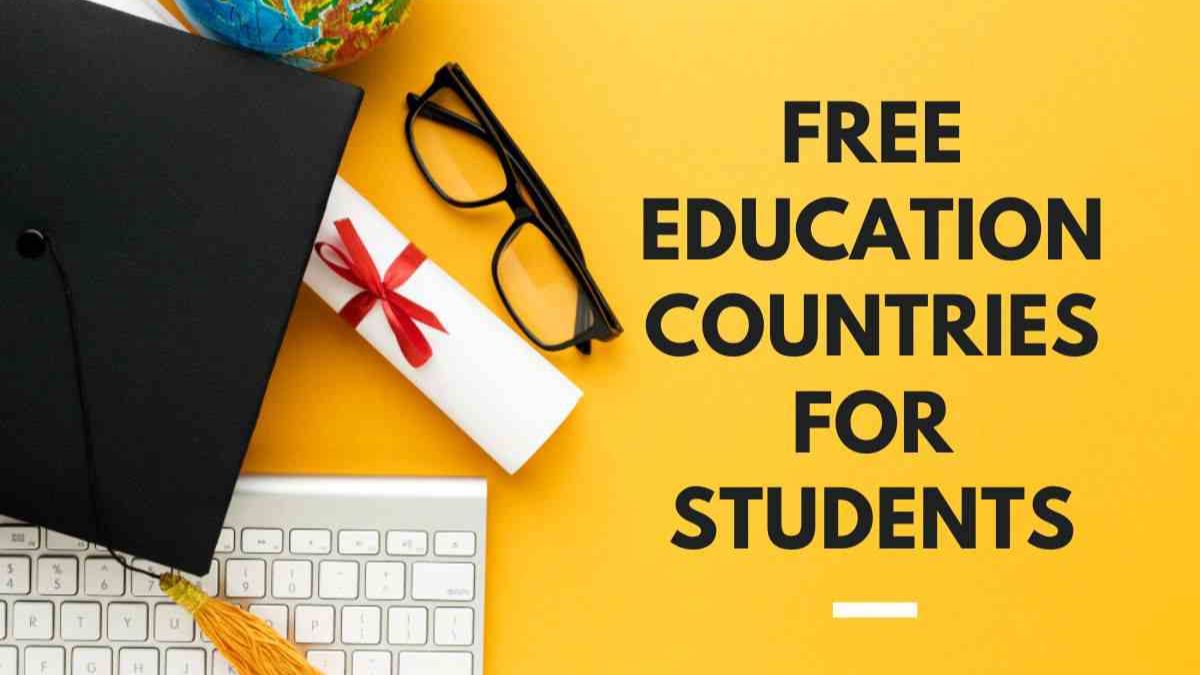Can you trust everything you see online? Of course not. But identifying fake news, bias, or misinformation isn’t always easy. This is why media literacy education has become an essential skill for navigating today’s complex information landscape.
Media literacy isn’t just about protecting yourself from misinformation. It’s about understanding, analyzing, and interacting with all forms of media thoughtfully and responsibly. From students to professionals, and from parents to policymakers.
In this blog, we’ll explore five key ways media literacy education helps individuals and society as a whole, and why now is the perfect time to prioritize it.
What is Media Literacy?
Before we get into the benefits, it’s important to define media literacy. it is the ability to access, analyze, evaluate, and create media in various forms. This includes understanding social media posts, news articles, television shows, advertisements, and even memes.
It’s not just a skill set for journalists or academics; it’s a life skill for everyone. Media literacy enables people to critically engage with information, question its accuracy, and consider its intent and impact.
Why Does It Matter?
From personal decisions like voting to everyday interactions online, media has a massive influence on the way we think and act. Without media literacy, it’s easy to fall for clickbait, believe misinformation, or develop a narrow perspective based on biased media.
But when individuals are media literate, they become empowered to make informed decisions, contribute responsibly to online communities, and challenge harmful narratives.
5 Key Benefits of Media Literacy Education
1. It Reduces the Spread of Misinformation
One of the biggest challenges of the digital era is the rapid spread of misinformation. A single piece of false information can go viral in minutes, misleading thousands, if not millions, of people in the process.
Media literacy education teaches people how to verify sources, cross-check facts, and recognize red flags like biased language or manipulated visuals. By developing these skills, individuals are less likely to share or amplify false content. This benefits not just individuals, but society at large, fostering a more truthful information ecosystem.
Take, for example, the COVID-19 pandemic. Misleading claims about cures, vaccines, and government policies led to confusion and even dangerous behaviors. A more media-literate population could have slowed the spread of harmful misinformation during that critical time.
2. It Encourages Critical Thinking
Being media literate isn’t just about spotting fake news; it’s about engaging critically with all content. Media literacy encourages individuals to question:
- Who created this message, and why?
- What techniques are being used to grab my attention?
- Is there bias or an agenda driving this information?
By fostering this mindset, people can approach media with curiosity rather than blind acceptance. It helps individuals form their own opinions instead of passively absorbing everything they hear or see.
For students, these skills translate into academic success as they learn to analyze texts, make evidence-based arguments, and articulate their thoughts clearly. For professionals, critical thinking fosters better decision-making and problem-solving in the workplace.
3. It Builds Responsible Digital Citizens
Media literacy education equips individuals with the skills they need to be thoughtful and responsible digital citizens. This includes understanding how to:
- Engage respectfully in online discussions.
- Identify and report harmful or abusive content.
- Protect personal information effectively.
One critical aspect of media literacy is understanding algorithms and filter bubbles. Many social media platforms are designed to show users content they’re more likely to agree with, which can create narrow worldviews.
By teaching people how algorithms work, media literacy education encourages individuals to seek diverse perspectives and challenge their own biases. This builds a more inclusive and respectful digital community.
4. It Empowers Marginalized Voices
Media literacy doesn’t just help people consume content—it empowers them to create it. When individuals understand how media works, they can use it as a tool to share their stories, advocate for their communities, and challenge harmful stereotypes.
For example, Indigenous activists have used social media platforms to amplify issues that mainstream media often overlooks. Similarly, the rise of citizen journalism has shown how everyday people can document and share important events in real time.
By including media creation in education, helps democratize information and give voice to those who have been historically underrepresented in traditional media.
5. It Prepares People for a Media-Driven Economy
Nearly every industry today requires some level of media literacy. Whether you’re an entrepreneur building your brand, a marketer crafting compelling campaigns, or an educator designing digital lessons, understanding how media works is essential.
Media literacy education provides students and professionals with the tools they need to thrive in a media-saturated world:
- Entrepreneurs can learn to leverage social media algorithms to reach their audience effectively.
- Marketers can identify ethical advertising practices while creating engaging campaigns.
- Employees can recognize phishing emails or fraudulent digital practices to protect company assets.
With workplaces increasingly dependent on digital communication and media tools, has become a must-have skill for career success.
How Can Media Literacy be Taught?
Now that we know the benefits, the question is—how can we teach media literacy effectively? Here are a few practical approaches:
- Integrate it into schools: From elementary classrooms to university courses, media literacy can be taught as part of existing subjects like language arts or social studies.
- Offer hands-on practice: Teach students how to fact-check a news article, analyze a commercial, or create their own short films.
- Host community workshops: Engage adults through local libraries or community centers. Make accessible to people of all ages and backgrounds.
- Collaborate with tech companies: Platforms like Meta, Google, and TikTok can introduce features or tools that promote directly on their platforms.
Take Action Today
A more media-literate society benefits everyone by reducing misinformation, fostering critical thinking, and strengthening communities. Whether you’re a parent, teacher, or concerned citizen, there’s a role for you in promoting media literacy.
Start small. Share fact-checking tips with a friend. Recommend media literacy resources at your workplace. Or reach out to local schools and advocate for its inclusion in the curriculum.
The more we improve media literacy, the better we’ll be at navigating the challenges and opportunities of the information age. It’s not just about protecting ourselves—it’s about empowering everyone.

